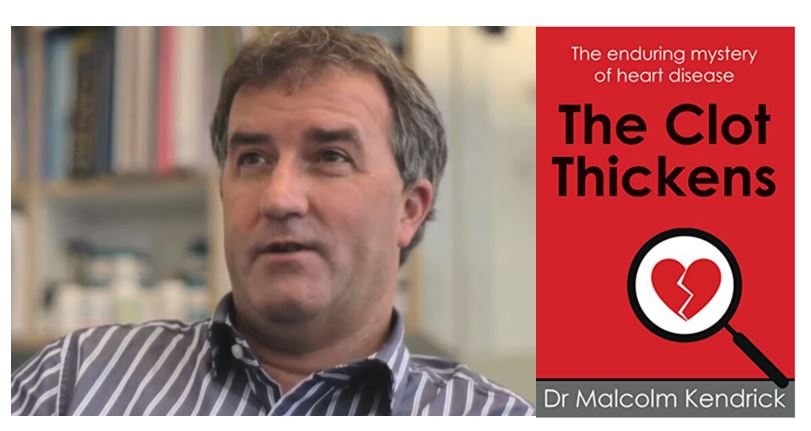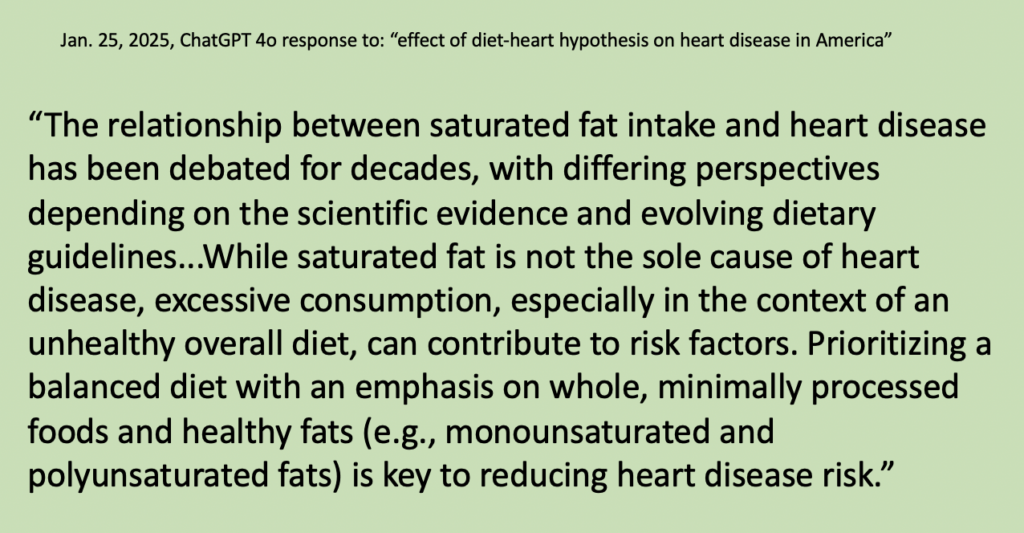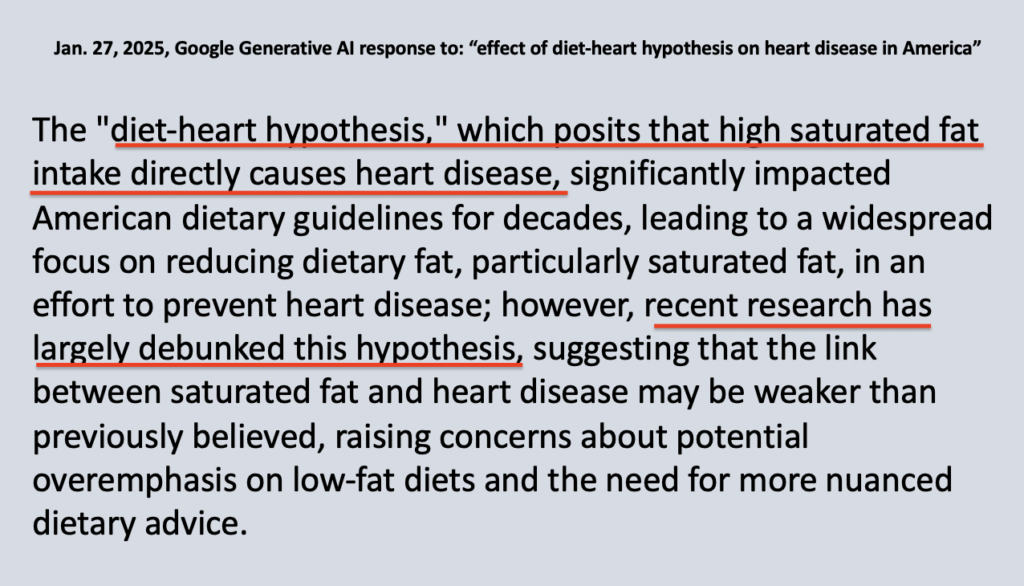Heart disease is the number one killer in the US, and some of the advice about preventing it has been dead-on wrong.
Here’s an example. I first wrote about the relationship, or really lack of relationship, between eating saturated fat and both cardiovascular disease (CVD) and coronary heart disease (CHD) in July last year after reading and then listening to Dr. Malcolm Kendrick’s extraordinarily practical The Clot Thickens. I’ve recommended that book to many people and certainly recommend it to you as highly informed guidance regarding your cardiovascular and coronary heart health and quality of life maintenance.
I’m writing about The Clot Thickens again now because there seems to be an even further change in perspective based on new and newly revisited evidence, all supported by legitimate science, that shows that the “diet-heart hypothesis”, which Dr. Kendrick strongly opposes, is false. That hypothesis, since it first came about in the 1950’s, adamantly argues that eating saturated fat increases blood cholesterol levels (which we don’t and can’t have because cholesterol is not water or blood soluble) and therefore is one of the causes of cardiovascular disease (disease to the arteries) and coronary heart disease (disease to the arteries surrounding the heart).
If you read The Clot Thickens or the bullets toward the bottom of the July 2024 piece I wrote, you’ll quickly see why eating saturated fat does not increase cholesterol and that cholesterol cannot cause cardiovascular disease or heart disease. At the same time, you’ll also see that eating saturated fat, which is high in calories, in greater amounts than your body needs to maintain metabolism and cellular structural integrity will be stored as fat in your body. It’s always all about balance.
Regarding balance, here are 2 powerful examples of the continued erosion of the diet-heart hypothesis, both of which were generated by artificial intelligence. A few days ago, I entered this ChatGPT 4o query: “Does eating saturated fat cause heart disease?” and got the summary response shown below. You can get the whole response in a short PDF by clicking this link.
Two days ago, I entered this Google query: “effect of diet-heart hypothesis on heart disease in America”.
The first answer to pop up was the Google Generative AI response below that was both more hard-edged than the ChatGPT answer above and included a list of solid references. Again, what you see below is a summary. You can get the full answer by either dialing in the query yourself, which might or might not give you the same answer I got, or you can click this link to see the exact the answer I got.
I started the piece I wrote in July with this line about common sense. “Common sense isn’t common until you’re introduced to it. After that you’re on the hook.” I believe that entirely – but only when that common-sense introduction comes from a verified source supported by valid evidence. At the same time, that does not mean that “verified sources” and “valid evidence” are etched in stone forever. Life is about learning and adapting to changes happening all the time. I find that exciting. And to see change coming to pass regarding a significant diet, heart health and quality of life recommendation that’s existed all my life, to me, is an example of positive progress, again thanks very much to the efforts and persistence of people like Dr. Kendrick.
But, you be the judge. Don’t just buy what I’ve written here. To use a car analogy, pop open the hood, kick the tires and see what you find about what I argue here – and more – and then apply what you’ve learned to your life and, most of all, make it fun and fully flavorful doing it!
Next up: Quick & Easy Microwave Warmed Spinach & Apple Salad

 January 29th, 2025
January 29th, 2025  brucetretter
brucetretter 


 Posted in
Posted in  Tags:
Tags: